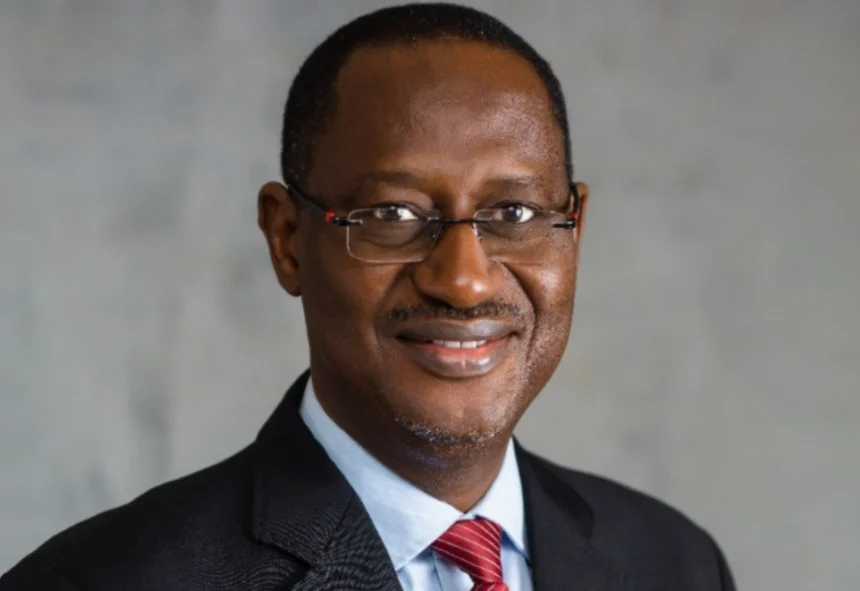As the Federal Government readies the launch of its much-anticipated Renewed Hope City project in Abuja, Nigerians are raising concerns about the transparency and accessibility of the initiative, which aims to reduce the country’s housing deficit.
Scheduled for December 2024, the launch will unveil 1,000 housing units in the Karsana District, available for purchase. The project, part of President Bola Tinubu’s administration’s broader strategy to address Nigeria’s housing shortage, has sparked debate about affordability, fair distribution, and accountability.
Housing and Urban Development Minister, Ahmed Dangiwa, announced during the Property and Environment Writers Association of Nigeria (PEWAN) Awards in Lagos that the 1,000 homes would be accessible through an online portal: Renewed Hope Homes Portal.
Dangiwa further revealed that the full 3,112 units planned for Renewed Hope City would be delivered in phases, with the first 1,000 homes marking a key milestone in the government’s target of 50,000 housing units in the first phase of the Renewed Hope program.
Despite these assurances, public skepticism persists. Concerns over affordability have dominated conversations, as prices for units in the Renewed Hope City project reportedly range from ₦8 million for a one-bedroom apartment to over ₦22 million for duplexes, according to project details.
Residents like Atabo Emmanuel from Bwari, Abuja, have questioned whether the initiative will truly benefit ordinary Nigerians. “Affordable housing should be accessible to everyone. But at these prices, how can the average worker afford it?” he asked.
Maryam, another Abuja resident, expressed doubts about the project’s transparency, adding, “Even if homes are made available, we need clarity on how they’ll be distributed to avoid favoritism.”
In the Nnyanya area, Emeka Okoye warned of potential corruption, calling for safeguards to prevent manipulation. Similarly, Alex Moses, a factory worker in Lagos, suggested a lottery or auction system to ensure fairness in the allocation process.
Dr. Jackson Omenazu, Chancellor of the International Society for Social Justice and Human Rights, stressed the importance of restoring public trust in government housing initiatives. He cited abandoned federal housing projects as evidence of unfulfilled promises, noting that “affordable housing must become a priority for the government.”
Omenazu underscored the urgency, particularly given Nigeria’s growing displaced population. “We talk about renewed hope, but where is the hope when millions still struggle for basic housing?”
As the Federal Government prepares to launch the Renewed Hope City project, Nigerians are urging transparency, fairness, and accountability in its implementation. While the initiative holds promise, its success will ultimately depend on the government’s ability to address the affordability and distribution concerns raised by citizens.



